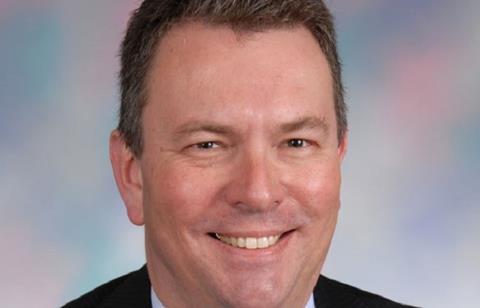
Since their introduction in 2015, George Osborne’s freedom and choice reforms have allowed the public to consider a range of options for using their accrued pension savings. Commonly, this will involve transferring savings from one pension scheme to another as the original scheme does not offer the full range of retirement or ‘decumulation’ options. For most people, this process works very well. But for some, it leads to the nightmare of fraud.
It is difficult to establish how much money has been lost to fraud, or how many individuals may have been affected. Sometimes, a scheme member is contacted by a scammer and persuaded to move pension savings to an alternative and, essentially, unregulated investment scheme. In other cases, the member’s money is simply stolen.
At the end of the process, pension savings can be lost and a ‘sanction charge’ may be payable to HMRC as a consequence of an unauthorised transfer. Combating this fraud requires careful vigilance from both the public and employers, but there are some simple measures that can be followed to reduce the risk.
Effective communication from both trustees and employers can do much to protect members from fraudsters, and there are some perennial signs that indicate a proposed pension transfer is not all it seems. The government is planning to ban cold-calling regarding pension transfers, so members who experience this should be encouraged to immediately hang up. Pressuring members – and scheme administrators – to conclude a transfer quickly is another common sign that a fraudster is anxious to escape regulatory attention. Another obvious warning sign is that if an offer sounds too good to be true, then it almost certainly is.
Employers should ensure that scheme administrators are able to spot potentially fraudulent transfer applications and provide members with copies of The Pensions Regulator’s ‘Scorpion’ leaflet. In response to this ongoing problem, the regulator is also launching a new scams campaign in August.
Another helpful tactic is for trustees to work only with financial advisers who are known to them. This is particularly relevant for those employers conducting transfer exercises from Defined Benefit schemes.
It is unlikely that pension scams will ever be entirely eliminated. However, to mitigate the risks, employers must maintain constant vigilance and encourage current and former employees to do the same.
Tim Middleton is a technical consultant at the Pensions Management Institute.
Read more...
How can employers protect staff from falling prey to pension scams?
In numbers: Pension scam fears, risks and reporting among those over the age of 55











